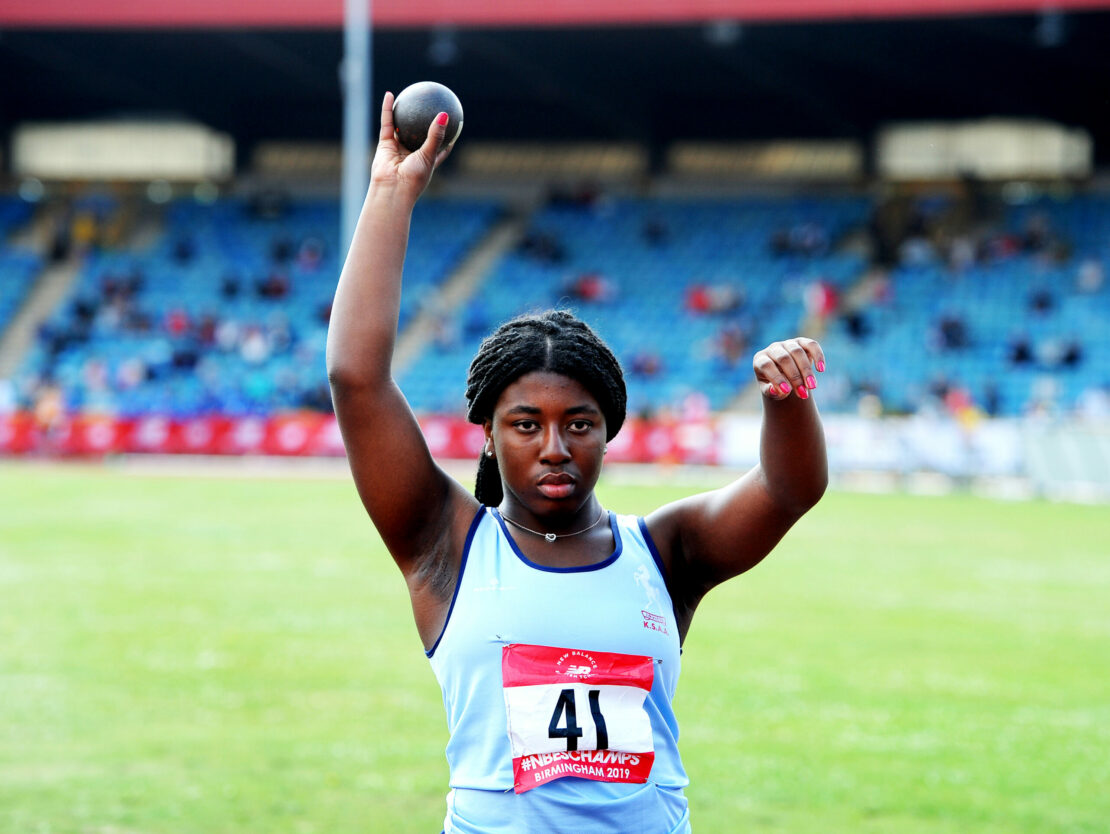
Christopher Brasher looks back with admiration on the career of Ron Pickering

On this day in 1991, we lost Ron Pickering. In the 24 years since his death, through the establishment of the Ron Pickering Memorial Fund, we have been able to keep his name, and importantly, his ideals, alive by supporting literally thousands of young athletes, awarding grants to a total of more than £1.5 million. Most of the athletes that have benefited from these grants, never actually knew the man himself of what he stood for.
I would like to post an article written by the late Chris Brasher, as they had shared lunch together on the very day that Ron passed away, as I think it will give some of the athletes a better understanding of who Ron was, and why it was so important for us to keep his name and memory alive and associated with the sport that he loved:
A champion of the moral majority
Thursday Feb 14th, 1991
At lunch on Wednesday he was full of enthusiasm for the sport he loved. He told us hilarious stories about his recent heart problems and then became serious when talking about the morals of Charlie Francis, coach and drug adviser to Ben Johnson. He was strong, physically, and strong in his belief –which had been his life’s crusade — that drugs are the biggest menace to the ethics of fair play.
And then we said goodbye and he walked up the hill to Covent Garden, and John Disley and I walked towards the river. John said: “His enthusiasm, after all these years, is truly amazing.”
Next morning, I heard on the radio that Ron Pickering was dead. I felt as if I had been robbed. I knew that sport had been robbed of a champion — the greatest defender we have ever seen in this country of the purity of a simple sport which traces its lineage to the days when man lived as a hunter and survives through his ability to run jump and throw.
I thought that death is an obscenity when it takes a man at the height of his powers. And then I remembered what a psychologist once said to me when talking of his despair after a friend, a great surgeon, had died. “But then,” said the psychologist, “I heard Beethoven’s Ninth Symphony and remembered that it was the last work of a deaf and dying man and that if there had been no death, we might never have been enriched by that masterpiece.” And so, as I drove home on Thursday night, I listened to Beethoven’s Ninth and thought of Ron and realised that three words encapsulate his talent. He was, and will be remembered as, “The Great Communicator”.
He was first a teacher and then a coach — Lynn Davies, Olympic, European and Commonwealth gold medallist, was his most famous pupil — and then a commentator and speech-maker. In all these fields his enthusiasm was boundless, his knowledge compendious. He described himself as a maverick, which my dictionary defines as ‘a person of independent and unorthodox views’.
He was certainly independent, never afraid to stand up and be counted. And maybe his views were unorthodox to the Establishment and certainly contrary to those who wished to bend the ethics of fair play. But his views will also the views held by the vast majority of athletes in this country, which is why they loved him and looked upon him as their champion.
And that is why, after a 17 hour open-heart operation last November, his hospital bed was surrounded with messages, cards, fruit and flowers sent from all over the world. He could not say thank you to them all so we wrote an article for Athletics Weekly. Not only did he say ‘thank you’, he also reminded us of the problems which beset clubs and individuals and remarked that the only ‘profit’ we should be interested in is the joy on kids faces. He ended that article: “What sounds righteous at 3am is pretty corny in the light of day, but I did pledge not to cease from mental fight, nor shall my sword sleep in my hand…”
Stories by him, and about him, are legion but I would like to tell one that reveals a little known part of his character — his compassion. In April 1989 he orchestrated a press conference for those special people, many with severe disabilities, who were running in that year’s London Marathon. One of those special people was Barry Stephenson-Cleaver, who had motor neuron disease — a progressive muscle-wasting disease. Barry had difficulty in walking into that press conference but joked, “I get better after about 6 miles”. His doctors could not believe that he could complete a marathon, but he did, raising more than £30,000 for research into his disease.
Until Barry’s death last December, Ron kept in touch and visited him and on Wednesday, over lunch, Ron did not dwell on his own problems but spoke of his wonder at Barry’s courage. “His last letter to me,” said Ron, “took him a day to write. By then he had only one working muscle — in his cheek — with which he operated some machine. But there was not an ounce of pity in that letter.”
Neither did Ron have any self-pity for his own heart problems. Last year he went to his doctors for a check-up and was told he was fitter than most 60-year-olds. But Ron, worried about how bad he felt on occasions during his busy life, decided to have a stress test. Halfway through, the doctor in charge called in a cardiologist, who said: “when did you have your first heart attack, Ron? — Maybe you have had two.” It was the first time Ron knew that he was the victim of the disease which tops the death list in the Western world.
In November he had his heart bypass operation— nowadays a routine technique that takes about three hours. Instead it went on for 17 hours: “They were diving in and out of my chest like a trap door, which is why I feel I have just gone 15 rounds with Mike Tyson.”
On Wednesday, he said that he now felt great; that he was working out three times a week; that he had lost a lot of superfluous weight; and was planning a BBC documentary on ‘the way back’ from a heart operation.
He walked away from that restaurant, visited his agent, took the train home to Hertfordshire, made a detour to buy the evening paper, opened his front door, sat on the stairs, bent forward to take off his snow boots and died.
His wife — Jean Desforges, an Olympic and European medallist in the 1950s — speaks for us all: “Who will fire the bullets now? Who will keep on trying to do something to clean up the sport?” Neither I nor Jean have seen Ron’s most recent interview when he fired his bullets at Charlie Francis. It was the only interview, out of dozens which Francis gave when he was over here, in which Francis was defeated— defeated by champion who bestrode sport for the past four decades.




